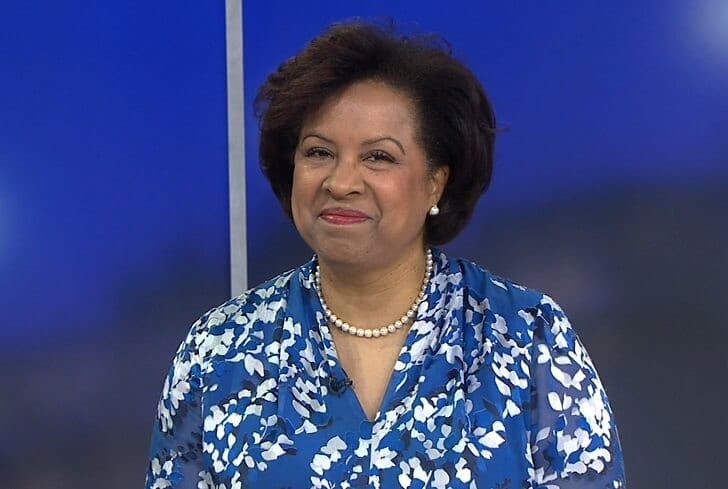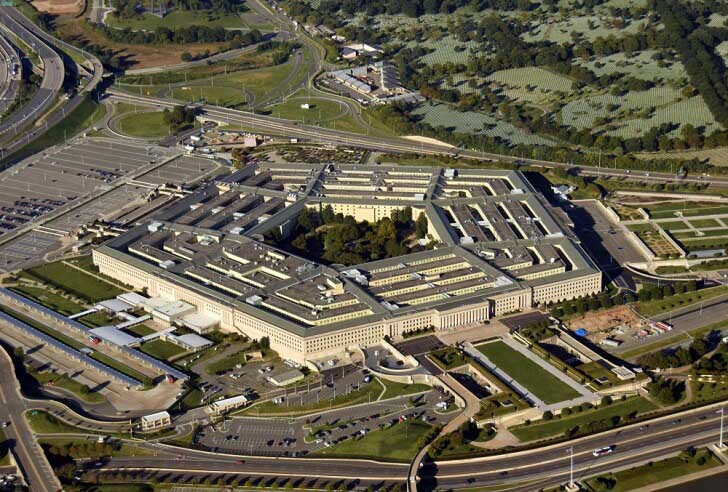After decades of providing schools, companies, and governments with their software program needs, Microsoft is now gearing to be the same institutions’ go-to cloud provider too.
Making these dreams into reality is Toni Townes-Whitley, Microsoft’s president of United States regulated industries.
Woman for the Job

Despite only being with the tech corporation for five years, Townes-Whitley has already made her mark. The executive is credited for helping Microsoft sign a $10 billion cloud-computing deal with the Pentagon just last year.
Just into the third year of her being an executive at Microsoft, the Princeton University graduate is facing another challenging chapter in her tenure.as more institutions turn to cloud-computing technologies in the wake of the coronavirus pandemic.
Fortunately, Townes-Whitley is well-equipped to take on her added responsibilities. She shares a mantra that her family lives by, ‘to whom much is given much is required.
Before coming to work for Microsoft, the executive had a career consulting to government organizations. Her background in the public sector can be traced back to her father, who was a general in the Army, and her mother, who was a public school principal.
Scoring a Major Contract

With Townes-Whitley’s help, Microsoft was chosen by the Department of Defense for the coveted Joint Enterprise Defense Infrastructure (JEDI) contract. It entails the storage and management of sensitive defense and military data in the cloud.
Microsoft notably beat other big-time competitors like Amazon, Google, IBM, and Oracle to score the contract, which is reportedly worth $10 billion.
Its win didn’t come without objections though. Amazon has questioned the decision and has gone to court to allege that they lost the contract because of interference from President Donald Trump, who has been a critic of the e-commerce giant in the past.
No Slowing Down

Despite the lawsuit, Microsoft seems to be determined to pursue other cloud contracts similar to JEDI. As CNBC reports, the corporation is now courting foreign governments to offer them the same services.
Microsoft has also reportedly listed new job openings ‘cleared technology jobs’. These positions require employees to have active security clearances.
Meanwhile, Townes-Whitley emphasized that turning to digital technology from physical data centers has become a necessity at this time, especially for the government. Now, it’s her job to court these institutions and address their specific needs.
Microsoft has previously focused on building its products for general purposes but has since shifted to target specific industries and their specific problems.










